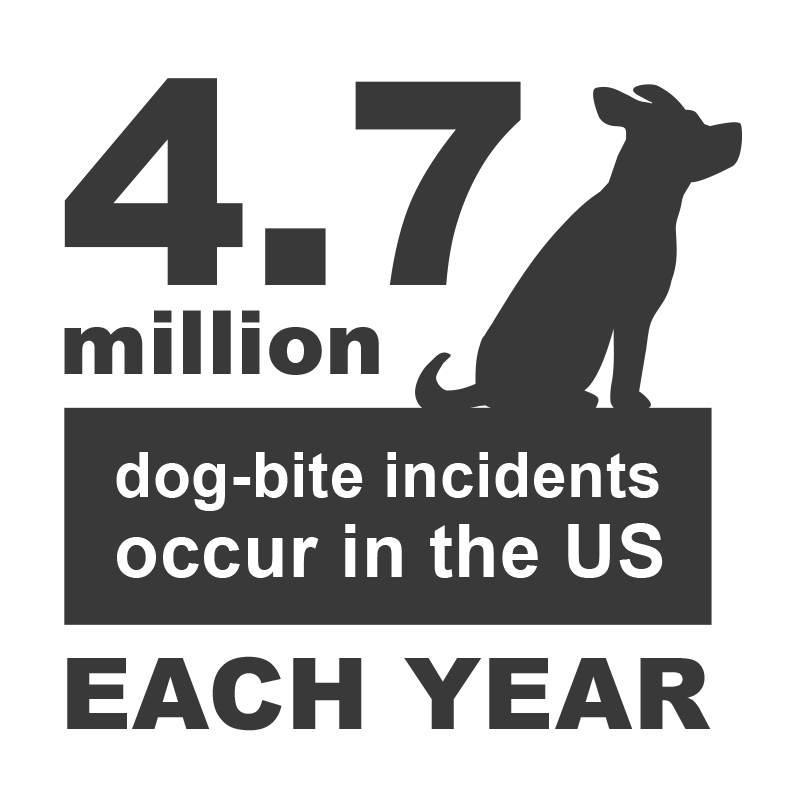Utah is a no-fault state, so what happens when an uninsured driver is in an accident? Being uninsured is against the law, but being in a no-fault state changes the process. Today’s blog is all about explaining what happens.
Stay tuned to learn everything you need to know about the penalties and consequences for uninsured drivers in Utah.
Utah is a No-Fault State
When it comes to car accidents, Utah is a no-fault state. This basically means that neither driver’s insurance is expected to compensate the other for car repairs or medical costs regardless of who is at fault. Instead, each driver must have personal injury protection coverage. That coverage is what will pay for car repairs and medical bills.
In at-fault states, the driver responsible for the crash pays for car repairs and medical costs through their insurance. If both drivers split the fault, they each pay for a percentage of their expenses.
In no-fault states, you’ll have liability coverage in case you get sued and personal injury protection for yourself. It works, but sadly, if you get into an accident, your premium will likely go up, even if the accident wasn’t your fault.
Required Coverage for Utah Drivers
All Utah residents must have a certain amount of coverage to follow the law. You have 90 days to ensure your insurance meets the minimum requirements if you’re new to Utah. Utah isn’t the only no-fault state, but each state has its own coverage requirements. In Utah, you require the following:
Liability Coverage
Liability insurance is necessary in case you get sued. In many cases, your insurance will simply cover your repairs and costs through your personal injury protection.
But in some circumstances, you’ll be legally obligated to pay bodily injury or property damage costs. Getting sued is one of the times when liability coverage will come in handy.
You’ll need:
- $25,000 for bodily injury per person.
- $65,000 for bodily injury per accident.
- $15,000 for property damage per accident.
Personal Injury Protection
Personal Injury Protection, often abbreviated to PIP, covers you, not the other driver. If you suffer an injury from a car accident, you can use your PIP to cover your expenses. You can also use PIP for your car repairs. You’ll need $3,000 per driver.
These are the coverage minimums, but you can opt for higher coverage to reduce your risk of having out-of-pocket expenses. However, the higher the coverage you opt for, the more you’ll pay for your premium. But having fewer unexpected, out-of-pocket expenses might be worth it for your peace of mind.
Leased or Financed Cars
While those are the state’s requirements for insurance, you might have additional requirements to meet through the terms of your lease or financing if you obtained your car through a dealership. The terms of your contract will state what coverages you’re required to have.
If you bought your car outright from a private seller, you don’t need to worry about having additional coverage.
What Happens if You’re Uninsured?
So, what happens if you don’t meet the minimum requirements? Being an uninsured driver comes with penalties, just like any other crime. If you get pulled over or get into an accident, you’ll be in trouble.
Being uninsured is a Class B misdemeanor that carries the following penalties:
- You’ll pay a miminum $400 fine for your first offense and up to $1,000 in fines for additional violations in a three-year span.
- Your license will be suspended until you get insurance.
- You must file for an SR-22 certificate to prove you meet the minimum insurance requirements.
- Your vehicle’s registration might be suspended.
- You’ll have to pay $100 to have your license reinstated.
Once your license is reinstated, you’ll be placed on a three-year probationary period. During this time, you must carry the minimum coverage on your car, or you’ll be required to surrender your license.
While your car insurance problems might end, having a Class B misdemeanor on your record is permanent. It could cause problems down the road for reasons unrelated to driving. Additionally, you’ll be labeled a high-risk driver, which means some car insurance companies might refuse to cover you.
Utah’s Partnership with Insure-Rite
While getting pulled over or getting into an accident are the most common ways you’ll get found out for not having insurance, there is another way. Utah is partnered with Insure-Right.
Insure-Right collects information from Utah insurance companies and matches those customers with DMV records. If your car insurance policy isn’t matched, you’ll receive a notice. You’ll have to prove that you’re insured to retain your driver’s license, and you’ll pay a $100 fine for not being properly insured.
In some cases, you may receive this notice when you have insurance. Computer systems aren’t perfect, and sometimes mistakes are made. If this happens to you, you’ll still need to provide proof of insurance. That proof will clear you of any issues, and you won’t need to pay the $100 reinstatement fee since you were insured all along.
While this is a major inconvenience for any Utah driver, Insure-Right still does a great job keeping uninsured drivers off the road, thus keeping our roadways safer.
Flickinger • Boulton • Robson • Weeks
Were you in an accident with an uninsured driver? Are your medical bills adding up? Is your personal injury protection falling short? We understand that this can be a stressful, overwhelming experience. But we’re here to help.
If you’re facing high out-of-pocket expenses and aren’t sure what to do, contact the attorneys at Flickinger • Boulton • Robson • Weeks. You might need to sue the other driver to get your expenses covered. It’s a complicated process that we’ve gone through for our clients time and again.
With over 25 years of experience, we’re equipped to fight for you and get you the compensation you deserve. Contact us today for your free case evaluation.

